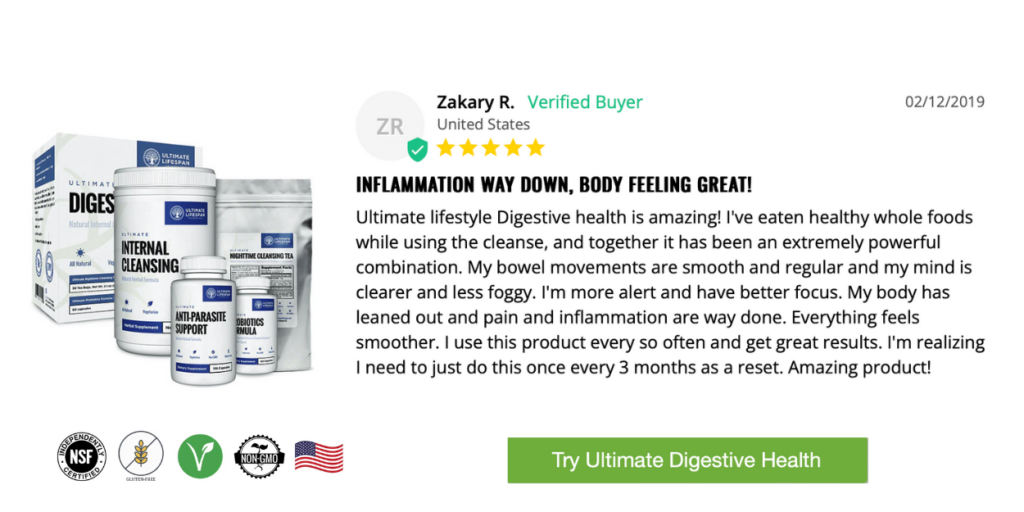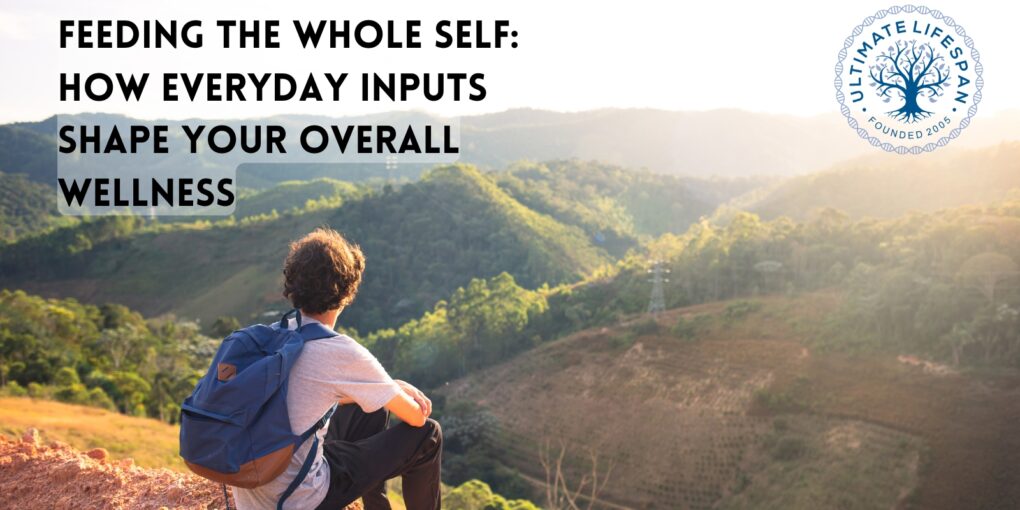Your Diet Is More Than What You Eat: Nourishing the Body, Mind, and Spirit
Your diet is not only what you eat. It’s everything you consume—what you watch, listen to, read, and the people you surround yourself with. In modern society, we often overlook the full spectrum of “nutrition.” Just like we strive to eat nutrient-dense foods for physical health, we should be mindful of the emotional, mental, and spiritual nourishment we take in every day.
In a world full of distractions and constant input, the idea of diet extends far beyond the contents of your plate. Much of what constitutes a “bad diet” today isn’t just processed food—it’s the mental clutter and emotional noise we take in daily. Endless streams of social media, negative news cycles, toxic relationships, and mindless entertainment can drain our energy and well-being just as much as junk food. While many health enthusiasts focus on superfoods and supplements for physical nourishment, it’s equally important to clear out the emotional and mental “junk” that clogs our minds and spirits.
Here’s how to create a truly nourishing diet for the whole self.
Emotional Nutrition: Feed Your Feelings Wisely
Emotional health is the cornerstone of a happy, fulfilling life. Much like the food we eat, emotions can either nourish us or leave us feeling drained. The people we spend time with, the stories we tell ourselves, and the media we consume can all have a profound impact on our emotional well-being.
Think about how you feel after watching a stressful news report or scrolling through social media full of negativity. These experiences can weigh heavily on our emotional health, much like junk food weighs on the body. Just as you wouldn’t want to fill your body with processed, unhealthy foods, you shouldn’t fill your mind with toxic emotional input either.
One way to improve your emotional “diet” is to choose your relationships and content consumption more mindfully. Surround yourself with people who uplift you, engage in media that educates and inspires you, and practice habits like gratitude or journaling that help regulate your emotions. These choices help feed your emotional life with the same care you give to your physical body.
Tip: Consider keeping an emotional diary for a week, noting the times you feel either drained or energized by your interactions or activities. Reflect on what you might change to create a more supportive environment for your emotional health.
Mental Nutrition: What You Consume Mentally Matters
Just as you wouldn’t eat fast food every day, it’s crucial to be selective about what you feed your mind. The brain, like any muscle, requires exercise and proper nourishment to function optimally. What we read, watch, and engage with mentally plays a massive role in our cognitive health.
Consider the type of content you consume daily. Are you regularly reading books and articles or listening to podcasts that challenge you to think deeply? Or are you caught in the cycle of shallow, repetitive information that doesn't nourish your intellect?
Opt for content that stimulates curiosity, creativity, and learning. For example, podcasts on personal development, documentaries on historical cultures, or articles on the science of health and wellness can all enrich your mental diet. These forms of media provide nutrients for your mind, much like antioxidants do for your body.
Tip: Try to adopt a “mental meal plan” for the week. Choose one book, one long-form article, and one documentary or lecture that will intellectually challenge and inspire you.
Spiritual Nutrition: Fuel Your Inner World
The modern world is fast-paced, and finding time to nourish our spiritual selves can be difficult. Yet, spiritual nutrition is essential for a sense of purpose, calm, and connection. Whether it’s through meditation, prayer, time spent in nature, or simply reflecting on life’s bigger questions, spiritual practices are a key part of a balanced diet.
For many, spirituality doesn’t necessarily mean religious practices—it can be as simple as fostering a deeper connection to the world around you or understanding your place in it. This could mean engaging in mindfulness practices, like breathwork or yoga, or spending time in solitude, journaling about your values and goals. The key is finding what feeds your soul and gives you a sense of peace and meaning.
By feeding your spirit with regular practices that align with your inner values, you create a deeper sense of grounding and resilience. This helps balance the constant noise and stress of everyday life, just as a balanced diet helps keep your body healthy amid external stressors.
Tip: Start small. Spend five minutes in quiet reflection each morning, or take a ten-minute walk outdoors without any distractions. These simple acts can nurture your spirit in profound ways.
Physical Nutrition: The Foundation of Health
Of course, no conversation about diet would be complete without touching on the physical aspect. What you eat directly affects your body's ability to function optimally. Eating nutrient-dense foods rich in vitamins, minerals, and antioxidants is the foundation of any healthy diet.
But even here, the conversation doesn’t have to be purely about calories or macronutrients. Consider the quality of the food you consume and how it was grown or raised. Ancestral diets teach us the importance of whole, unprocessed foods—like grass-fed meats, wild-caught fish, organic vegetables, and traditional fermented foods. These are the building blocks of a physically nourishing diet.
In addition to eating whole foods, supplements can play a key role in filling nutritional gaps. While food should always be the first source of nutrients, high-quality supplements can help ensure you’re getting enough of critical vitamins like D, magnesium, and omega-3 fatty acids, especially in a world where soil depletion and food processing reduce the nutrient content of many foods.
Tip: Focus on simplicity in your diet. Eat a variety of colorful vegetables, animal proteins, healthy saturated fats, and live fermented foods. If you need a supplement, consult with a healthcare professional to ensure you choose one that is right for your body’s needs.
A Holistic Approach to Nourishment
When it comes to nutrition, it’s easy to become fixated on what goes into our mouths. But we’re constantly consuming information, emotions, and experiences, all of which influence our health just as profoundly. Being mindful of all forms of nourishment—whether emotional, mental, spiritual, or physical—leads to a more balanced and fulfilling life.
By curating what we consume in every aspect of our lives, we create a truly holistic approach to health. This can mean something as simple as spending less time in front of the TV or choosing to meditate before bed. Small, mindful decisions compound over time, leading to greater well-being.
Conclusion
Your diet is everything you feed yourself—through your thoughts, relationships, spiritual practices, and food. Being mindful of what you let into your life is the first step toward a truly nourishing existence. A balanced “diet” in every area of life leads to a healthier, more resilient you—one capable of thriving in both body and mind.


